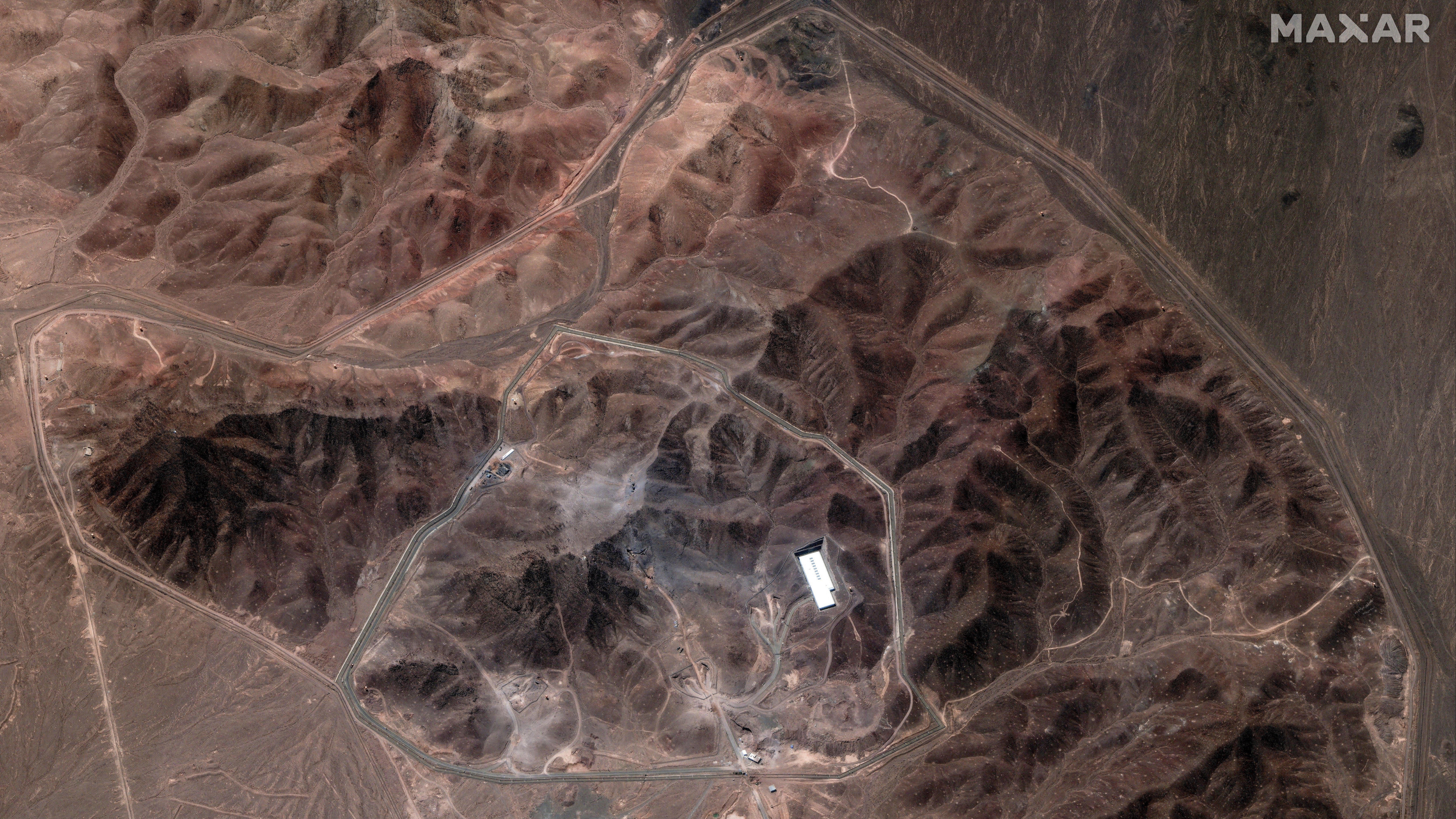1: Anew US intelligence assessment says that the US strikes on Iran’s nuclear facilities last month destroyed only one of the three sites targeted. While Fordow – Iran’s most fortified enrichment site – was mostly destroyed, the Natanz and Isfahan sites likely did not suffer the same damage. US President Donald Trump, who has said all the sites were “obliterated”, reportedly rejected a more thorough, weeks-long bombing campaign because it would have clashed with his stated objective of disentangling the US from foreign conflicts.
18: The European Union on Friday approved the 18th package of sanctions against Russia over President Vladimir Putin’s invasion of Ukraine. The centerpiece of the measures is a new cap on the price that members can pay for Russian oil. The package, which requires unanimous approval from EU members, overcame opposition from Slovakia, which won some exceptions from wider EU plans to phase out Russian energy imports altogether.
10: After ten years in business, a Pakistani bird-seller recently found his bank accounts suddenly frozen by the government. The reason? He had sold a parrot to prominent journalist and bird collector Asad Ali Toor, who routinely ruffles powerful feathers with his criticisms of Pakistan’s military and judiciary. The government has locked the accounts of others who had done business with Toor too, in what looks like a bid to isolate and silence a prominent critic.
32: After 32 seasons on air, the lights will go down next year on the Late Show, CBS's flagship evening comedy and interview program, which has been hosted by Trump-critic Steven Colbert since 2015. CBS said the move was made for financial reasons, as late night shows have been losing audience and revenue for years. Parent company Paramount said it was unrelated to a controversial settlement with Trump over an allegedly biased edit of a “60 Minutes” interview with his 2024 election rival Kamala Harris. Paramount is also, as it happens, currently seeking US government approval for an $8 billion mega-merger with Skydance Media.
⅓: Good news from the front lines of the “War on Cancer”: the age-related death rate from the disease in the US is fully ⅓ lower than it was in the 1990s, mirroring progress in other developed countries. Experts attribute the improvement to a combination of public policy (such as smoking bans) and scientific breakthroughs. Building on those gains, and expanding them globally, remains a key challenge.
